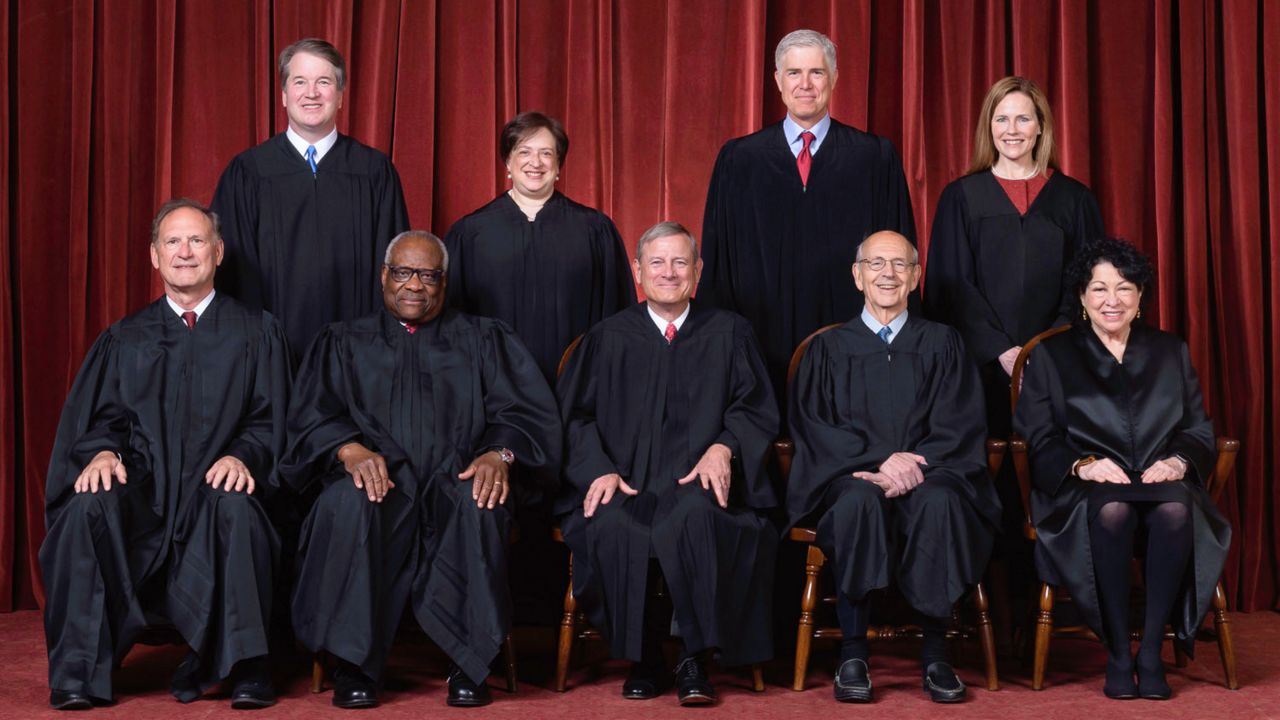NATIONWIDE — Following a leaked draft opinion that revealed the U.S. Supreme Court’s intention to overturn the landmark Roe v. Wade decision, U.S. Sens. Mazie Hirono and Brian Schatz, both D-Hawaii, joined five other senators in introducing legislation to promote accountability and transparency in federal courts.
“Americans across the country are questioning the Supreme Court’s independence now more than ever before,” said Sen. Hirono. “It is clear why — the Court lacks accountability and transparency. Unlike many federal officials, the Justices are not subject to any code of conduct and they are not required to file financial disclosures. This bill addresses these shortcomings to support and guide the Justices as they navigate the tough ethical questions they face for generations to come.”
The Supreme Court Ethics, Recusal and Transparency Act would subject justices to new code of conduct, recusal and financial disclosure standards.
Specifically, the bill requires that the Court adopt a code of conduct within 180 days. If the deadline is not met, Congress would be allowed to impose the lower court code of conduct.
The bill creates new recusal requirements governing gifts, income or reimbursements and new requirements governing a party’s lobbying or spending money to campaign for a judge’s confirmation.
It would also ensure that requests for a judge’s recusal are reviewed by a panel of randomly selected, impartial judges or by the rest of the justices on the Court; require written notification and explanations of recusal decisions; require the judiciary to develop rules explaining when a judge’s connection to an amicus curiae (third-party expert or consultant) brief might require recusal; and require the Federal Justice Center to study and report to Congress every two years on the extent to which the judiciary is complying with recusal requirements.
Finally, the measure would require the Court to adopt disclosure rules for gifts, travel and income received by justices and law clerks that are at least as rigorous as those applied to Congress; require parties and amici curiae before the Court to disclose gifts, travel or reimbursements they have given to a justice; and require greater disclosure of amicus curiae funding.
The bill arrives not only after the upheaval of the leaked document but also amid revived speculation about whether Justice Brett Kavanaugh had outside help in retiring hundreds of thousands of dollars of personal debt and questions about whether Justice Clarence Thomas should recuse himself from matters related to the Jan. 6 insurrection given revelations that his wife Ginni was involved in efforts to overturn the 2020 election.
Hirono, a member of the Senate Judiciary Committee, and Schatz joined Sens. Sheldon Whitehouse, D-R.I.; Richard Blumenthal, D-Conn.; Patrick Leahy, D-Vt.; Dianne Feinstein, D-Calif.; and Cory Booker, D-N.J., in pushing the legislation.
The measure passed the House Judiciary Committee last week, and the full chamber could vote as soon as this week.
Michael Tsai covers local and state politics for Spectrum News Hawaii.



